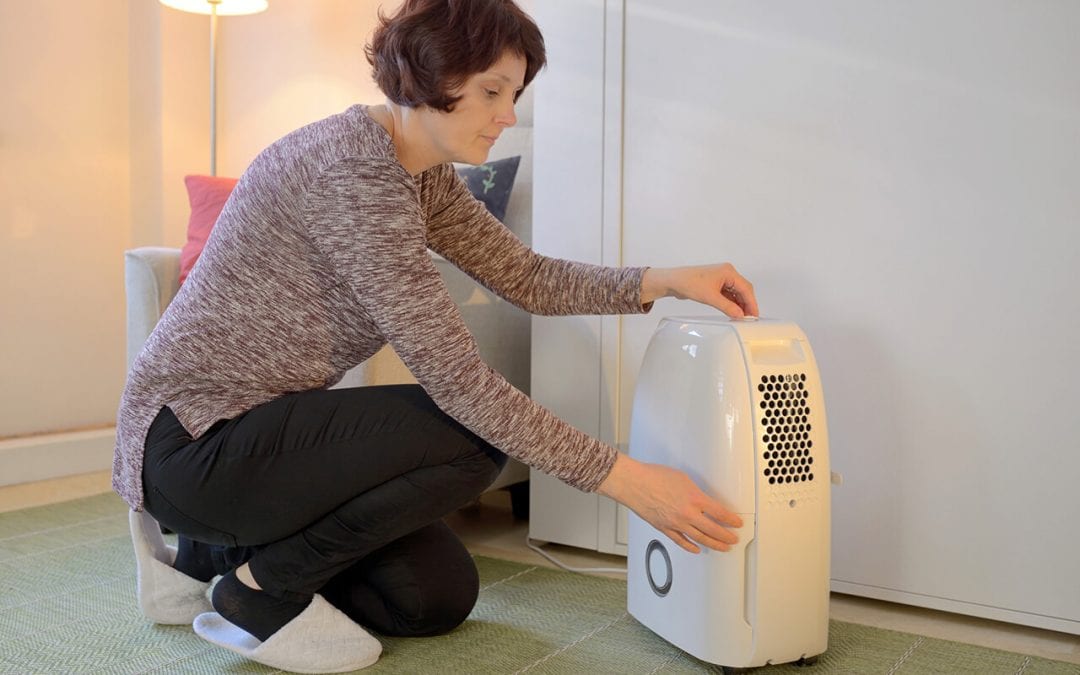Humidity affects indoor comfort and causes damage to building materials. Many homes have issues with excess moisture, which can lead to mildew and mold growth. Fortunately, there are ways to reduce humidity at home and create a more comfortable setting.
Use a Dehumidifier to Reduce Humidity at Home
Dehumidifiers are one of the most helpful products for removing excess moisture from the air. Dehumidifiers should be used if the indoor humidity is above 50%. Portable dehumidifiers are inexpensive and can be moved around to various rooms. If humidity is a constant problem throughout the house, invest in a whole-house dehumidifier.
Use Exhaust Fans
It is important to use exhaust fans in areas with high moisture. Rooms with poor ventilation and high humidity are more prone to developing mold and bacteria. An exhaust fan helps circulate the air and dry the space. Use the fan when you cook in the kitchen or take a shower in the bathroom. When taking a shower, lowering the water temperature by a few degrees can make a significant difference in how humid the room gets.
To Reduce Humidity at Home, Dry Clothing Outdoors
You can begin to reduce your humidity at home by drying damp clothes or towels outdoors. The water from wet clothing evaporates, adding moisture to the air. Hang the clothes on an outside drying rack or a clothesline. If it is necessary to dry clothing indoors, use the dehumidifier while they are drying. Make sure that your dryer vents to the outdoors.
Repair Leaky Pipes and Fixtures
Leaky pipes can contribute to the humidity in the building. Hire a contractor to fix any leaks that you notice as soon as possible. Some of the most common signs of leaks include water stains on the ceilings, higher water bills, wet spots, and stained drywall.
Understanding humidity allows you to have more control of the climate in your home. With less moisture in the air, you will be more comfortable at home and prevent mold.
Manning Home Inspections offers home inspection services, including mold screening, to Palm Beach County and northern Broward County. Contact us to request an appointment.

